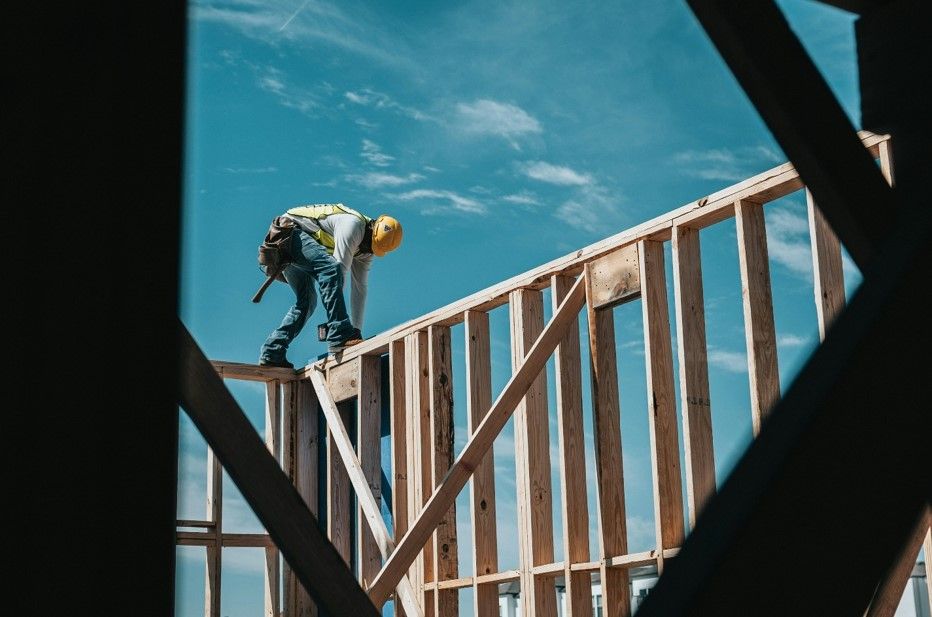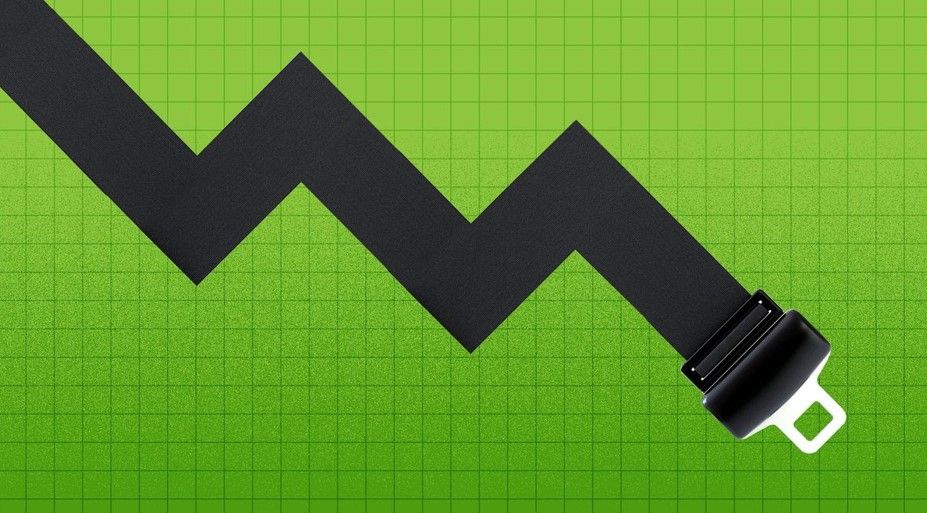Construction, eNews
Monthly Construction Input Prices Dip in August, but Are Up 17% from a Year Ago

Construction input prices decreased 1.4% in August compared to the previous month, according to an Associated Builders and Contractors analysis of U.S. Bureau of Labor Statistics Producer Price Index data. Nonresidential construction input prices fell 1.4% for the month as well.
Construction input prices are up 16.7% from a year ago, while nonresidential construction input prices are 16.3% higher. Input prices were up in six of 11 subcategories on a monthly basis. Natural gas prices increased 35.3% (and are 457.9% higher than they were in February 2020), followed by unprocessed energy materials prices, which rose 13.5%. Crude petroleum prices were down 5.3% in August.
“Until the recent Consumer Price Index report, investors and other market-watchers had been delighted by recent inflation news,” said ABC Chief Economist Anirban Basu. “The Producer Price Index report supplies additional evidence that wholesale inflation is edging lower from the highs observed earlier this year. While this may create a sense of relief among contractors, this is no time for complacency.
“With COVID-19 lockdowns persisting in China, the world’s leading manufacturer, and Europe facing severe energy crises, supply chain disruptions will persist,” said Basu. “That suggests that construction materials and equipment prices are likely to remain elevated even if year-over-year price increases moderate. Public construction workers remain in short supply, including in the category of public construction. The upshot is that inflation is poised to remain stubbornly high even as some begin to declare victory. Estimators and others in the construction industry should be on guard for occasional surges in inflation during the months ahead.”
Based on ABC’s Construction Confidence Index and Backlog Indicator, many contractors expect to pass along their cost increases to project owners during the months ahead, said Basu. “Some contractors may be in for a rude surprise. With borrowing costs rising and risk of recession elevated, it is perfectly conceivable that project owners will become increasingly resistant to elevated charges for the delivery of construction services. Based on nonresidential construction spending data, that process has already begun. Accordingly, contractors should remain laser-focused on cashflow and weeding out costs as opportunities arise.”





